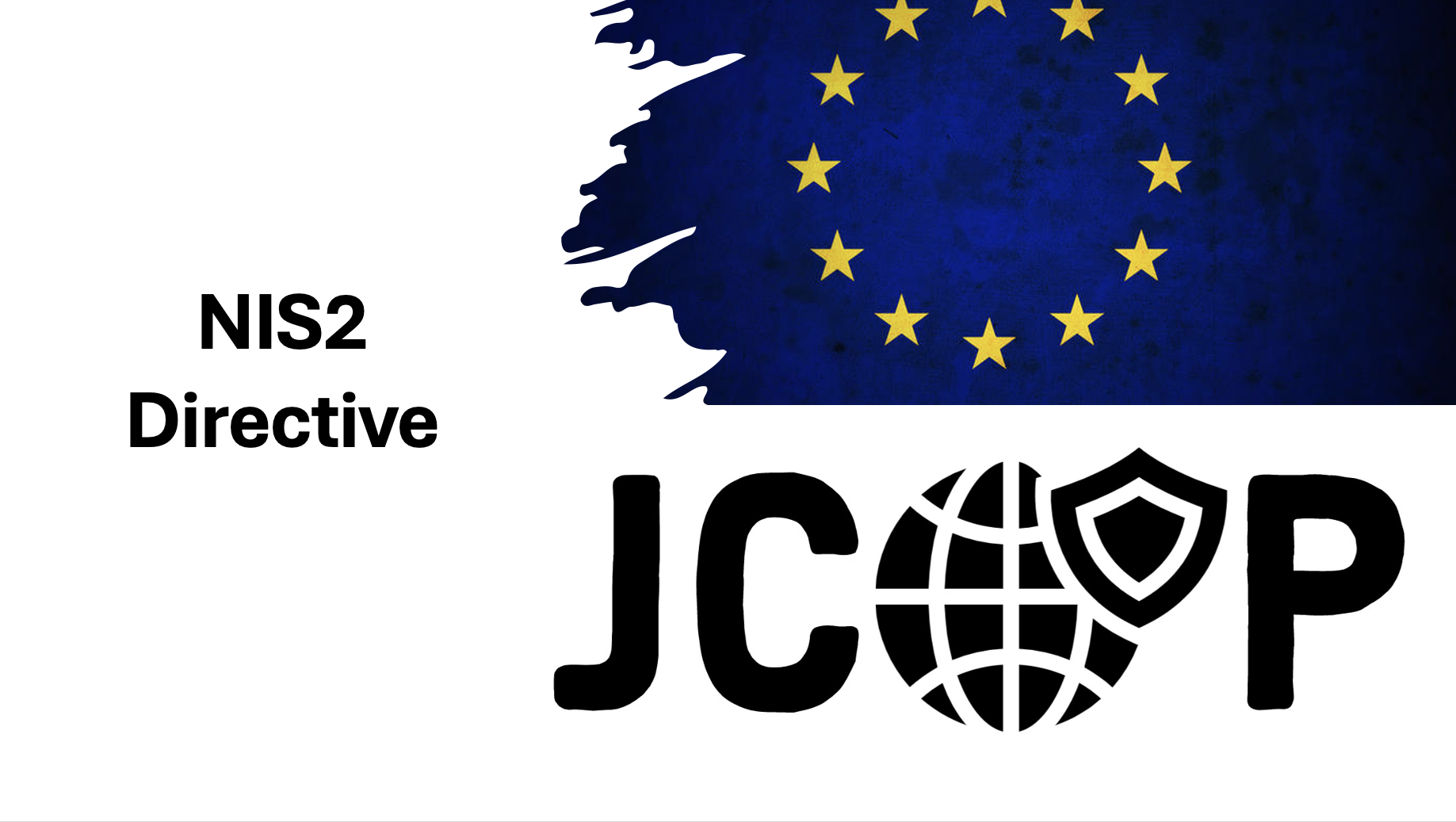How NIS and NIS2 will enhance JCOP operations
Author: DSA 
The "NIS" stands for the "Network and Information Systems" directive in the European Union (EU)framework, while "NIS2" represents its updated version. Both directives are aimed at bolstering the cybersecurity framework across EU member states, ensuring a high common level of network and information systems security to improve the collective cybersecurity posture.
When it comes to a Security Operations Center (SOC), both NIS and NIS2 can be helpful in several aspects:
NIS (Network and Information Systems):- Standards & Best Practices: The NIS Directive establishes certain baseline security and incident reporting requirements, which can serve as a foundation for SOCs to build upon.
- Information Sharing: It encourages information sharing and cooperation at both a national and international level which can enhance the intelligence and threat data that SOCs operate with.
- Incident Reporting: The directive obligates operators of essential services (OES) and digital service providers (DSP) to report significant incidents, providing SOCs with valuable data regarding the cybersecurity landscape.
- Improved Preparedness: By mandating the identification and designation of OES, it ensures that SOCs have a better understanding of the critical infrastructure and services they need to protect.
- Expanded Scope: NIS2 broadens the scope to include more sectors and entities, offering a comprehensive view for SOCs in understanding the critical entities and services under their purpose.
- Stricter Requirements: With heightened criteria for handling risks and reporting incidents, Security Operations Centers (SOCs) must become more proficient in detecting, addressing, and conveying cybersecurity events.
- Enforcement and Penalties: NIS2 introduces stricter enforcement and higher penalties, which accentuate the importance of robust SOC operations to ensure compliance and avoid punitive actions.
- Cybersecurity Framework: It provides a harmonized cybersecurity framework across member states, which helps SOCs in maintaining consistent security protocols, especially in a multi-national operational context.
- Supply Chain Security:The directive brings attention to the security of supply chains and provider relationships, assisting SOCs in focusing on securing not only their organizations but also their interconnected ecosystems.
- Supporting Cybersecurity Culture: The regulatory standards set forth by NIS2 can significantly support the development of a cybersecurity culture within organizations, thereby reinforcing SOC activities.
Taking everything into account, it's evident that legal structures are crucial for starting and ensuring the seamless operation of SOCs. Using as a starting point the “Legislative Backing”, having a legal and regulatory framework backing SOCs provides them with the authority and resources to effectively implement and enforce cybersecurity practices. Proceeding with “Enhanced Collaboration”, the directives emphasize the importance of national and cross-border collaboration, potentially allowing SOCs to engage in cooperative efforts and share critical cybersecurity information. Concluding with “Resilience” NIS and NIS2 help in enhancing the overall cybersecurity resilience of the member states and the organizations therein, making sure that the SOCs are well-equipped and legally backed to defend against and respond to cyber incidents.
These directives ultimately contribute to shaping a structured and unified approach towards cybersecurity across the European Union, providing SOCs with regulatory, cooperative, and tactical frameworks to enhance their cybersecurity operations.
